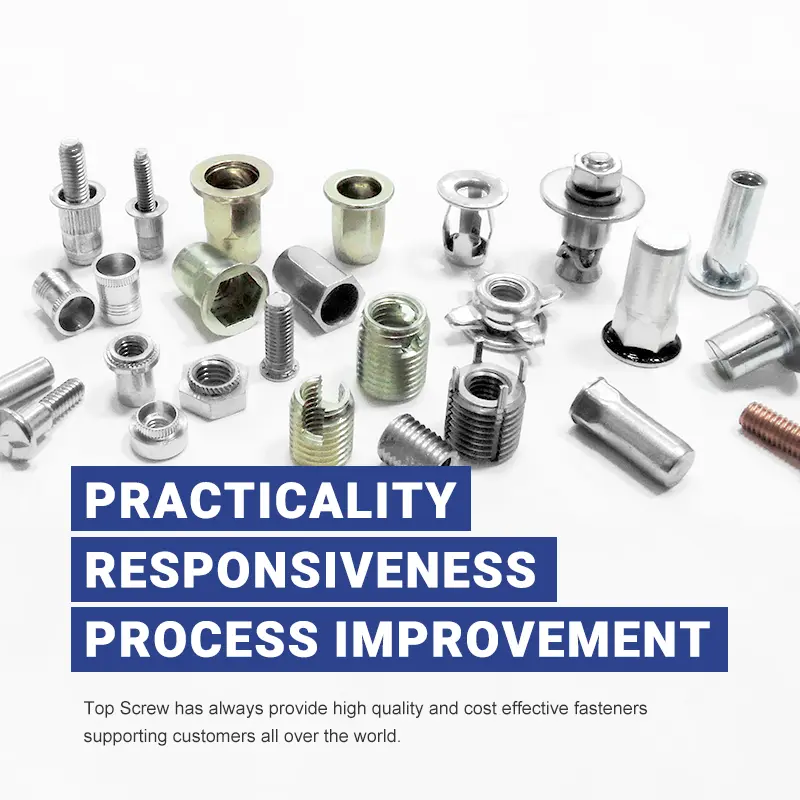The Power Behind Machinery — Uses and Maintenance of Cylinder Screws and Nuts
Cylinder screws and nuts are essential fasteners in engines, responsible for securely joining the cylinder head and engine block.
They ensure a tight seal in the combustion chamber, preventing high-pressure gas leaks and maintaining optimal engine performance.
Applications and Features
Securing and Sealing Function
Commonly used in automobiles, motorcycles, heavy machinery, generators, and industrial equipment.
Materials and Strength
Made from high-strength alloy steel, these screws offer excellent heat resistance and tensile strength to withstand the high pressures and temperatures inside engines.
Heat and Surface Treatment
For improved corrosion resistance and durability, cylinder screws often undergo heat treatment and surface finishes like zinc plating or phosphating.
Installation & Maintenance Tips
Correct Torque Application
Always use a torque wrench and follow manufacturer-recommended torque values to avoid improper sealing or thread damage.
Regular Inspection & Replacement
Cylinder screws are subject to fatigue from constant heat and pressure. Regular checks and timely replacements are essential.
Anti-Loosening Measures
To prevent loosening from engine vibrations, use anti-loosening adhesives or washers for enhanced joint stability.
Common Issues & Solutions
Stripped Threads or Breakage
Use thread repair kits to restore the screw's securing ability.
Gas Leaks from Loose Screws
Retighten loose screws immediately, and check whether they need replacement to ensure proper sealing.
Cylinder screws and nuts may be small, but they play a vital role in engine integrity and reliability.
Choosing high-quality parts and following proper installation and maintenance methods can significantly enhance engine performance and lifespan.


